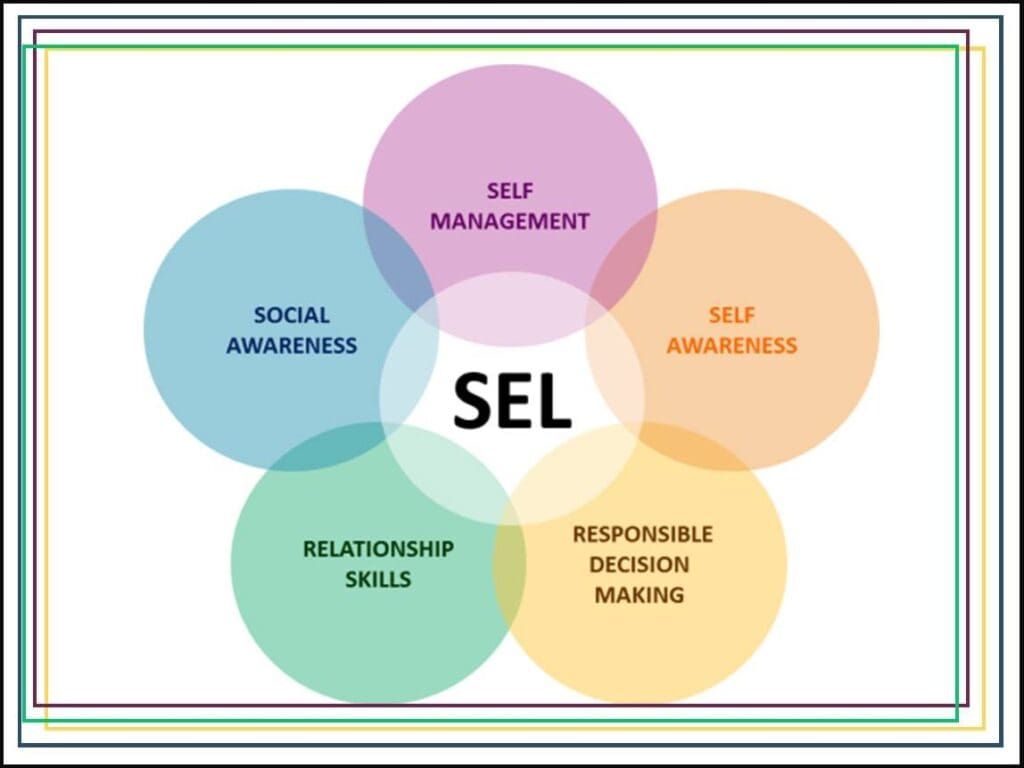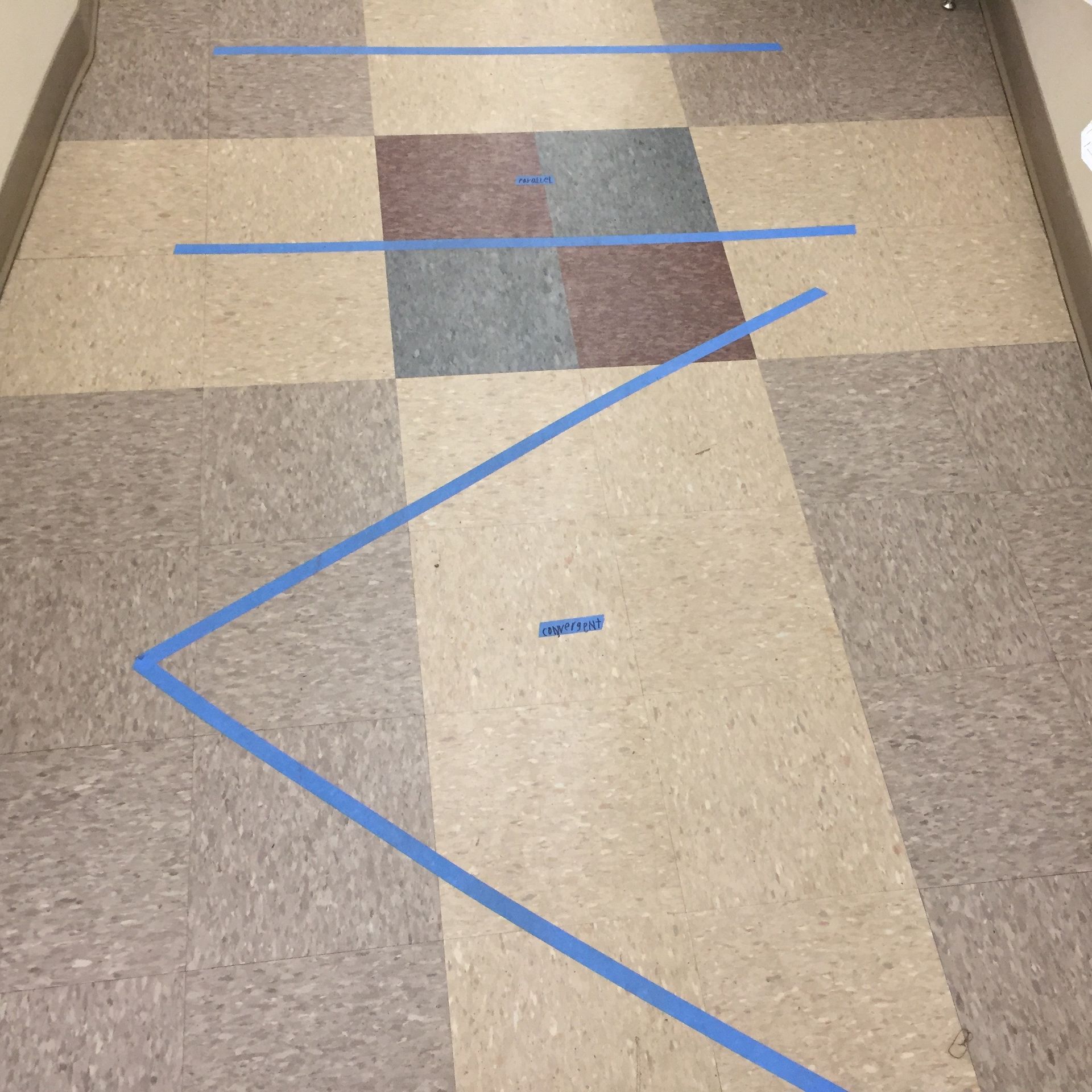Why Stay for 6th Year?
As traditional middle schools start at 6th grade, it’s natural that students might be curious about this transition year. But here’s what your child gains by staying in a Montessori program for the final year.
A SMOOTH TRANSITION FROM CHILDHOOD TO ADOLESCENCE
6th year is the last year of the elementary cycle, and it’s the last year of the 2nd plane of development and is the culmination of childhood. At 12 years of age, children are at the brink of adolescence, but while many may appear to have entered adolescence, this is not always the case. A final year in the elementary classroom can bridge the gap between a child’s physical and cognitive maturity by providing a stable environment for honing their social emotional skills. This prepares them to enter their next phase of development, adolescence, with a stronger sense of self- confidence and maturity.
CONTINUATION OF SECURE RELATIONSHIPS
While traditional schools mix up the student body each year, and often begin mixing up a large student between teachers multiple times a day starting in 6th grade, Montessori classrooms give children a strong foundation for forming and maintaining long-lasting friendships and relationships with adults at their school by keeping children with a group of peers throughout their elementary years. Confident and secure children are more likely to feel comfortable choosing challenging work and taking on leadership roles in school, and later in their lives.
CULMINATION OF ADVANCED CURRICULUM
Montessori schools have a formidable Elementary curriculum that challenges students of a range of ages and abilities. It keeps older and advanced students engaged. You may find that 6th year students are able to do work at a much higher level than the 6th grade state curriculum asks of them. This is because throughout the years of Elementary, children have been guided on specialized paths of inquiry and knowledge acquisition. They have been allowed to develop at their own pace, be it faster or slower than others of their age-group or knowledge level, and help them find tasks that are engaging and the right level of challenge.
TAKING ON LEADERSHIP ROLES
6th years, in comparison to their younger classmates, have gained experience, maturity, and abilities that allow them to take on leadership roles in their classrooms in all areas (academic, social, daily life…) This is an important aspect of the Montessori method, which aims to prepare individuals for life and for being agents of peace and change in the world. Experiencing the role of eldest and most experienced in a community gives children the opportunity to learn about kindness and service to others.














